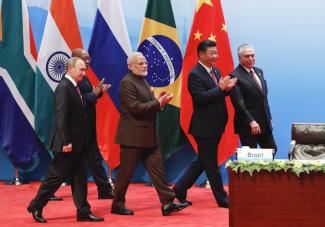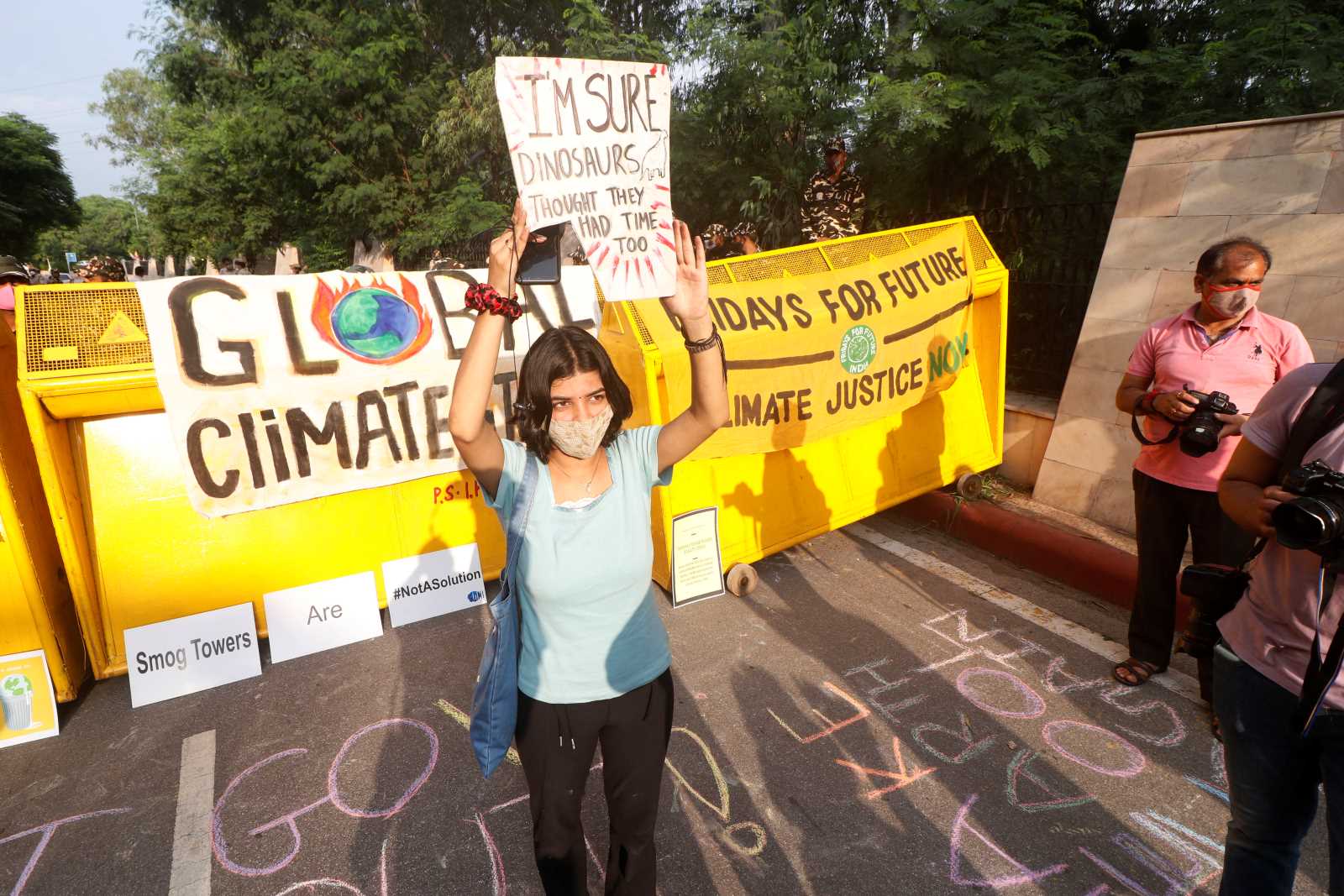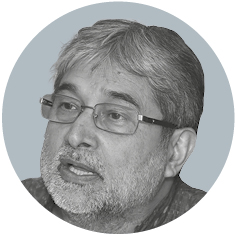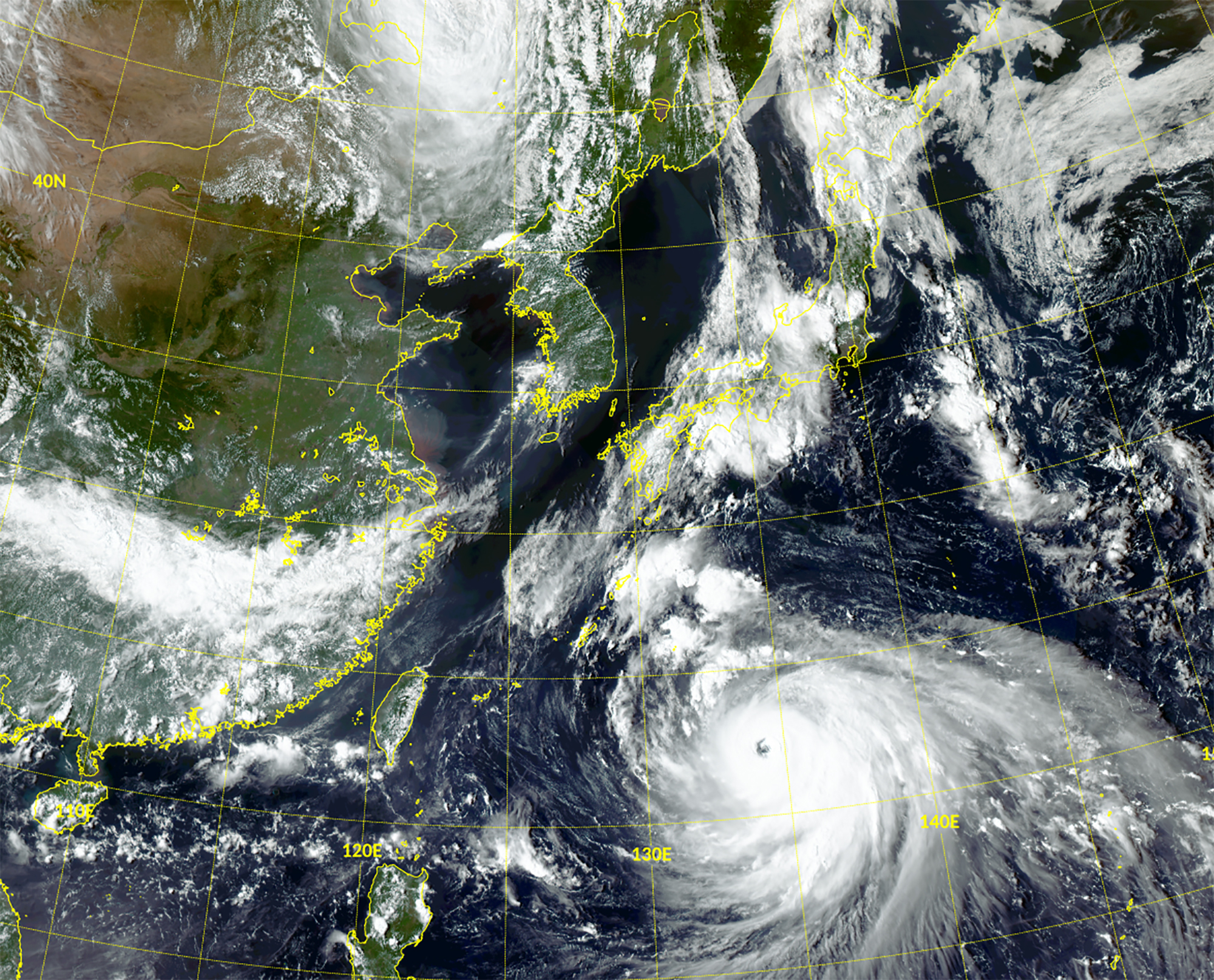Policy doctrines
Straight talk on economics

In his new book “Straight talk on trade”, Rodrik points out that “markets depend on non-market institutions because they are not self-creating, self-regulating, self-stabilising or self-legitimating.” Perhaps the most important of the many things systems of government must ensure are:
- investments in transportation, communications and logistics,
- enforcement of contracts and
- arrangements to bring distributional outcomes into conformity with social norms.
For such reasons, the scholar insists, “well-functioning, sustainable markets are backed by a wide range of institutions that provide critical functions of regulation, redistribution, monetary and fiscal stability, and conflict management.”
These things cannot be said too often. Recent discourse tends to overemphasise the role of markets and belittle the role of the state. One reason is that economists often pretend to reveal universal truths, and policymakers believe that their formulas are more relevant than the insights of other social sciences.
Rodrik disagrees fundamentally. He argues that economics does not deliver truths that apply always and everywhere. In truth, economic insights are entirely context-specific since economists design mathematical models that help to analyse settings that are very narrowly defined. The results are very precise, but they only apply to an empirical situation that is accurately reflected in a model’s parameters.
The prominent professor appeals to his colleagues to make policymakers aware of this point. He argues convincingly that governance must be inadequate if policymakers fall for the platitudes of market dynamics always being preferable to state action. Getting the balance right is essential for tackling world-wide challenges such as globalisation, inequality, technological change, global warming and democratic accountability.
Given that he emphasises the relevance of national governance, it is no surprise that Rodrik does not offer policy blueprints for all countries. On the contrary, he calls for context-specific policy innovations. He wants leaders to move on from conventional thinking and embrace new ideas. Rodrik points out areas in which innovative approaches can help to overcome vested interests:
- For both developing countries and advanced nations, he proposes more investment in building and maintaining infrastructure. Public spending that builds assets, he argues, should not be confused with consumptive expenditure.
- Rodrik considers industrial policies favourably, in particular in regard to eco- and climate-friendly approaches (also see Tilman Altenburg and Wilfried Lütkenhorst in D+C/E+Z e-Paper 2018/01, p. 16). In his eyes, mainstream economists underestimate the extent to which government agencies in the rich world, including the USA in particular, have been driving technological progress and, by implication, the development of high-tech industries. The internet, for example, was initially developed for the US military. Public funding of university research often lays the groundwork for entrepreneurship moreover.
- Rodrik wants governments to become even more involved in innovation. He suggests that they set up equity funds to promote new high-tech businesses. In successful cases, they could then boost social-protection programmes with the returns from such investments. Gains and losses of innovation should be repackaged in a manner that benefits everyone.” He wants the “innovation state” to replace the “welfare state”.
- In regard to developing countries, Rodrik warns that it is not enough to rely on the commodities boom to drive growth. The key challenges, according to him, are “the acquisition of skills and education by the workforce, the improvement of institutions and governance and structural transformation from low-productivity to high-productivity activities (as typified by industrialisation)”.
Rodrik is well known for the “impossibility theorem” he spelled out in 2007. The trilemma is that “democracy, national sovereignty and global economic integration are mutually incompatible: we can combine any two of the three, but never have all three simultaneously and in full.” In “Straight talk”, Rodrik argues that democracy should be the priority – and it is impossible to achieve at the global level. Accordingly, governments need policy space to draft prudent policies that respond to their people’s demands and reflect specific national circumstances.
Technocratic governance that subjects countries to international treaties that basically endorse the demands of international investors must undermine people’s trust, he warns. In this view, global and bilateral trade agreements have become intrusive as rules on investor rights or intellectual property, for example, excessively restrict developing countries’ policy space.
Ultimately, Rodrik calls for a different kind of globalisation. He wants the international community to promote democracy instead of maximising the scope for foreign trade and cross-border investments. In his eyes, the EU must choose between either devolving economic policymaking back to its member states or democratising decisionmaking at the EU level.
Lacking leadership
The way Rodrik challenges conventional wisdoms is inspiring. His proposal for redefining globalisation looks utopian however. According to the professor’s assessment, the established economic powers have lost the dynamism and the credibility to lead the global community, and Donald Trump’s erratic presidency of the USA is compounding the problems. At the same time, Rodrik does not see the BRICS (Brazil, Russia, India, China and South Africa) rising to the leadership challenge. He considers them to be stuck in simply opposing the west, without offering a coherent vision. In general, he finds that every BRICS country is only pursuing its narrowly understood national interest. Moreover, he writes that the authoritarian regimes of China and Russia lack the moral authority required to for international leadership.
If the G7 can no longer lead and the BRICS are not ready to do so, who is supposed to drive the transformation to democracy-promoting globalisation? And does it matter that major powers – including India, Brazil and most prominently the USA – are currently becoming more authoritarian rather than more democratic? There are no easy solutions, whether at the global or national levels. But Rodrik’s demand that policymakers should look for – and test – innovative approaches certainly makes sense.
References
Rodrik, D., 2007: The inescapable trilemma of the world economy. Blog post:
http://rodrik.typepad.com/dani_rodriks_weblog/2007/06/the-inescapable.html
Rodrik, D., 2018: Straight talk on trade. Ideas for a sane world economy. Princeton and Oxford: Princeton University Press.















